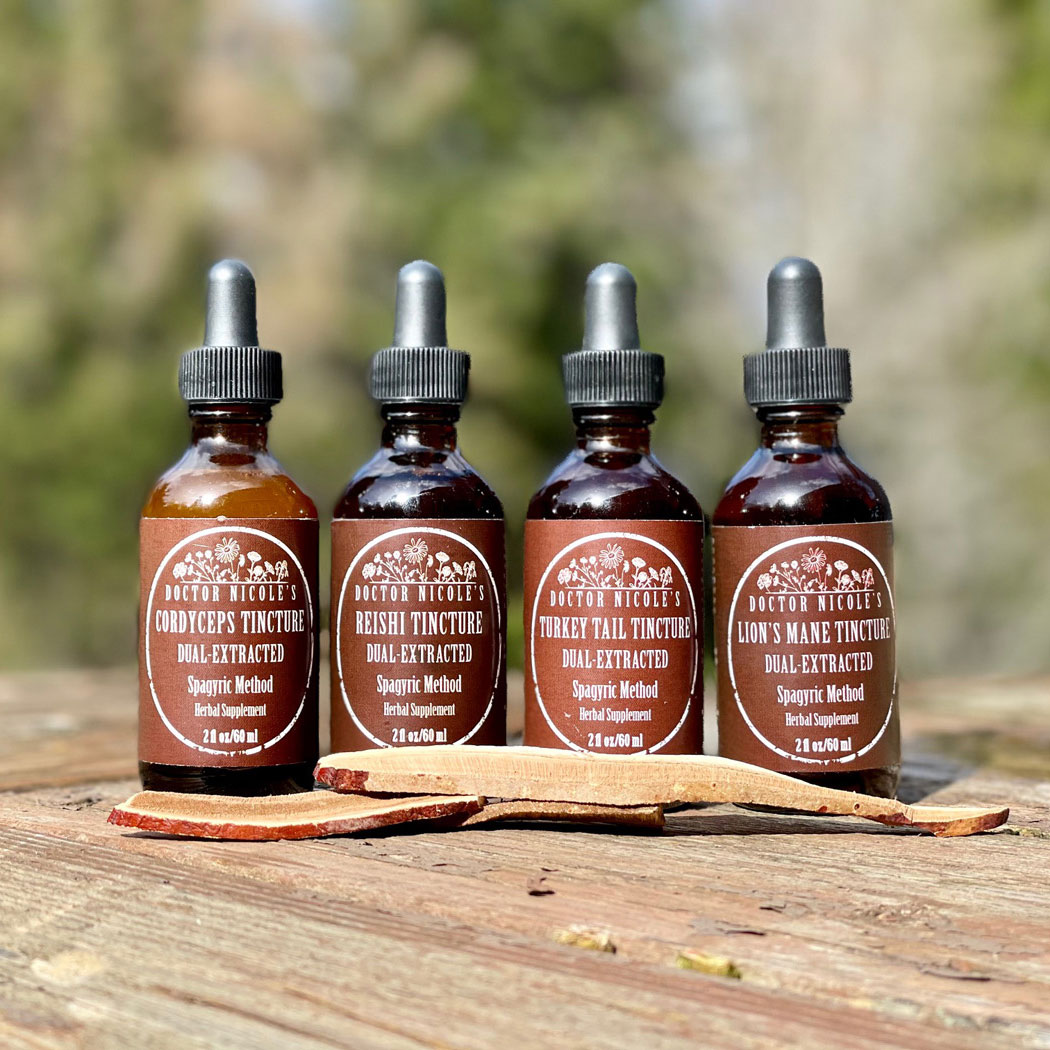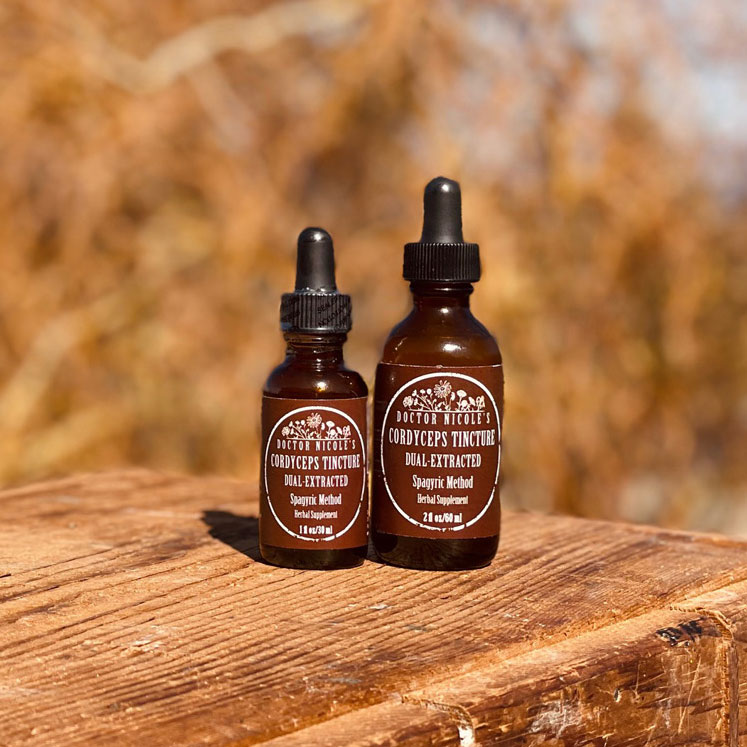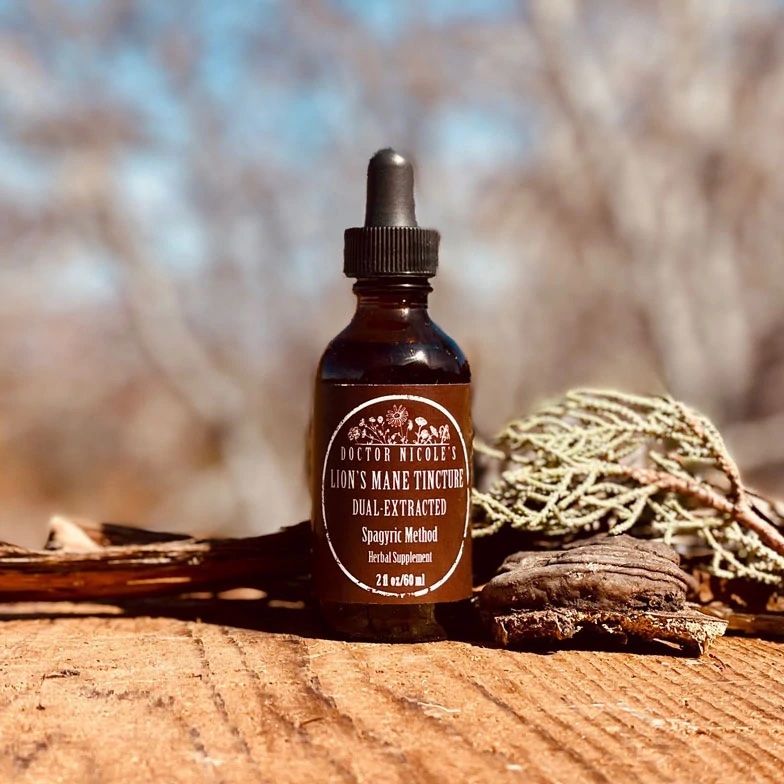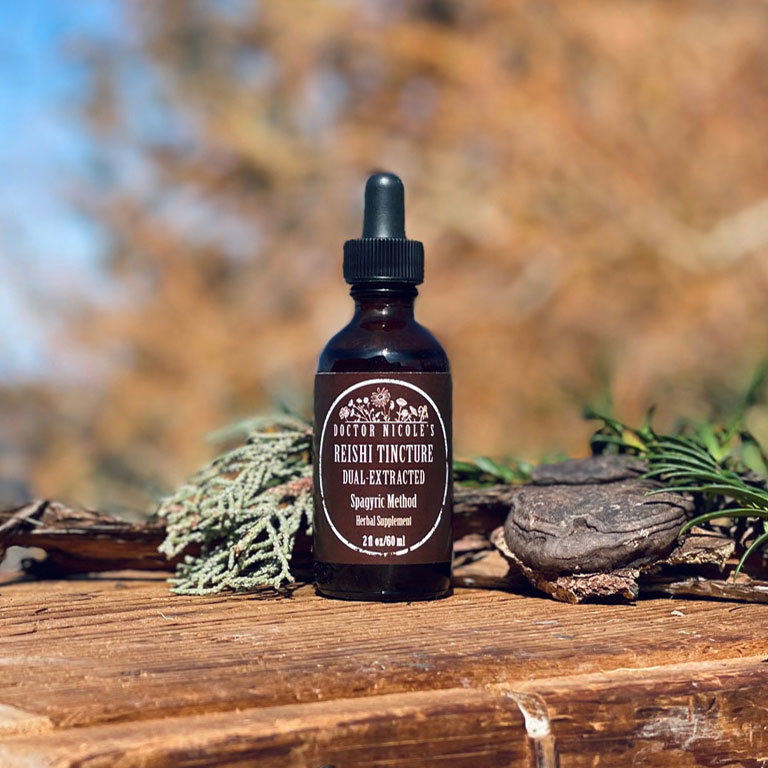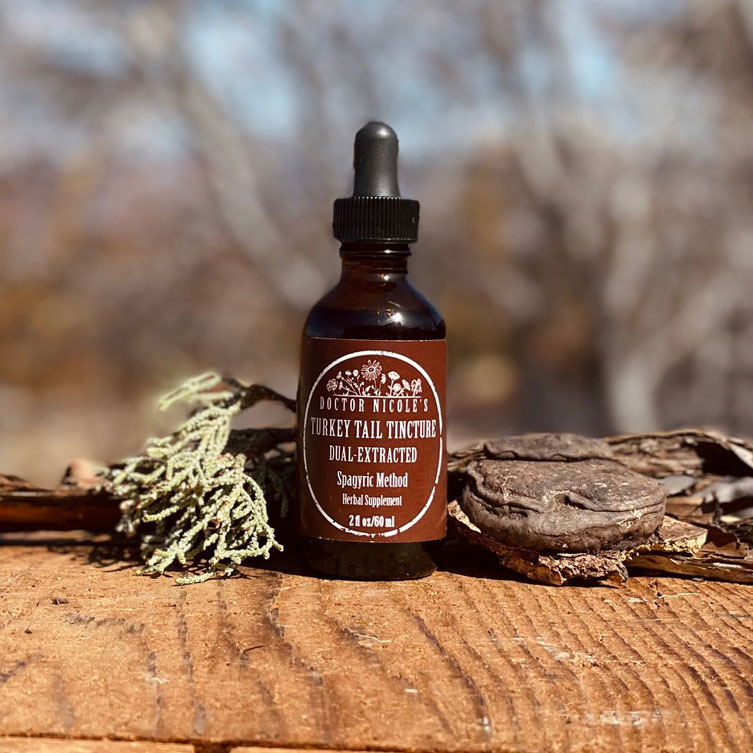Generational Genetic Adaptation
Could it be the bacterium that caused bubonic plague in medieval Europe influences our autoimmune response today? A fascinating study recently published in the journal Nature2 says yes. Yersinia pestis is the bacteria that triggered one of the most destructive plagues known to mankind between 1347-1351, where it killed 30-50% of the European population. Needless to say, the outcome of the Black Death caused devastation on such a scale that is difficult for the mind to grasp.
The question that has intrigued researchers for years is how the immune system of survivors adapted to such a severe pandemic — and how that adaptation has been genetically passed down through the generations to influence our immunity today. Prior to the development of DNA sequencing technology over the past few decades, it was impossible to find an answer — until now.

The Role of “Plague Resistance” in Autoimmunity
Hendrik Poinar, anthropology professor at McMaster University, along with researchers from the University of Chicago and France’s Institut Pasteur, set out to study DNA samples from individuals at the East Smithfield graveyard in London, along with people who lived just before and a few decades after the Black Death struck. East Smithfield is a unique graveyard as it is a mass burial site that was used during the height of the bubonic plague pandemic between 1348 and 1349.
The team discovered that not only did the immune response to Y. pestis create selective genetic evolutionary pressure, it also may have played a role in our propensity towards developing an autoimmune condition. In the study, they examined DNA sequences of immune-related genes from people in both London and Denmark before, during, and after the plague. The researchers identified four specific genetic variations that were influenced by the Black Death. One example is the ERAP2 gene that increases immune response. People can have two working copies of this gene, one working copy and a non-working copy, or two non-working copies. As expected, they found that those who have two working copies of ERAP2 killed Y. pestis better than those who didn’t have a working copy or only had one. However, this improved immune response may come at the price of developing autoimmunity — in the case of this gene, Crohn’s disease.
“In these processes of selection there is more and more evidence of a relationship between the protection against infectious diseases and a susceptibility to autoimmune diseases,” said Alicia Sanchez-Mazas, head of the Laboratory of Anthropology, Genetics, and People in History at the department of genetics and evolution at the University of Geneva. “The idea is that we have to keep a balance between both effects to survive, actually, and this is really challenging.”1
Of course, during pandemics like the Black Death, it is important to have more genes that are associated with a robust immune response. But when we are in better days where deadly pathogens are not as much of a threat, increased immunity can lead to a heightened risk of autoimmune disorders, such as Crohn’s, rheumatoid arthritis, and lupus, all of which are linked to the genes identified in this particular study. What remains to be seen is if this same genetic evolutionary pressure is also associated with the complications that have arisen with our current pandemic, namely the immune overreaction that encourages “cytokine storms”. It may very well be the same mechanism, although more research is needed.
Naturally Modulating the Immune Response
If you have developed autoimmunity, regardless of the cause, it is important to modulate the immune system so that the response is balanced — not over or under active. And the best way to do this is through natural remedies such as medicinal mushrooms. These are the same botanicals that got me out of my wheelchair because of the devastating effects of multiple sclerosis.
Here are the four dual-extracted, fruiting body medicinal mushroom tinctures I use everyday to manage my MS. All are included in my convenient Mushroom FOURtress:
Cordyceps Mushroom
- Improves memory, learning, and reduces oxidative damage to cells.4,5
- Combats fatigue
- Fights chronic inflammation
- Neuroprotective
- Antimicrobial
- Antiviral — Cordycepin from C. militaris is thought to inhibit viral entry and viral replication into the host body’s cells.
- Demonstrates great potential for acute lung injury induced by influenza
- Boosts athletic performance
- Improves brain function
- Manages blood sugar levels
- Supports cardiovascular and liver health
- Asthma and Allergies
- A study published in Phytotherapy Research found that cordyceps improves brain function in animal models.
- Containing two unique compounds, d-mannitol cordycepin and 3’-deoxyadenosine, Cordyceps helps control blood sugar levels by mimicking the activity of insulin.
- Research suggests cordyceps inhibits the growth of cancer cells, including those of the lung, colon, and liver.
Lion’s Mane Mushroom
- Anti-inflammatory
- Boosts cognitive function
- Lessens insomnia, anxiety, and depression
- Improves energy by improving blood oxygen levels, reducing muscle fatigue, and lowering lactic acid accumulation.
- Shown to help reduce symptoms of Alzheimer’s, Dementia, and Parkinson’s.
- Helps to repair damaged nerve cells in the spinal cord and brain by encouraging Nerve Growth Factor (NGF).
- Studies have shown that lion’s mane has a unique ability to stimulate the growth of brain cells.
- Helpful for autoimmune conditions like Crohn’s disease and multiple sclerosis.
Reishi Mushroom
- Fosters quality sleep, alleviates adrenal fatigue, and encourages healthy immune function.
- Strengthens the body against the negative effects of stress, including: hormonal imbalances, high cortisol, fatigue, brain fog, and low energy
- Relieves autoimmune diseases and leaky gut through anti-inflammatory action and immune system modulation.
- High in beneficial beta glucans, glycoproteins, and triterpenes to support gut and metabolic health.
- Alcohol-extracted reishi helps with blood sugar management. This is important, as it’s been shown that it’s possible to avoid the onset of seasonal allergies by keeping blood glucose levels balanced.
- Lowers liver enzymes and helps liver function.
- Suppresses certain inflammatory compounds and inhibits histamine release.
Turkey Tail Mushroom
- Leaky gut and candida overgrowth
- Reduces the symptoms of chronic fatigue syndrome
- Calms internal and external inflammation
- Lowers damaging LDL cholesterol and elevated blood pressure
- Blood sugar management
- May be helpful in reducing the risk of cancer
- Fights bacterial and viral infections, including: HIV, herpes, shingles, HPV, colds, and influenza.
- A known immune modulator, turkey tail is an effective medicinal herb for autoimmune conditions.
Interested in the additional steps I take to manage autoimmunity? Have a look at this post.
My apothecary is also a tremendous resource of health and wellness information — including the science behind our formulations and why they are the gold standard of medicinal tinctures. Visit today to learn more!
Nicole Apelian
Nicole’s Apothecary Products in this Post
References
- Black Death may have influenced evolution of genes involved in immune responses, study finds, Brittany Trang, STAT. October 19, 2022. https://www.statnews.com/2022/10/19/black-death-may-have-influenced-evolution-of-genes-involved-in-immune-responses-study-finds/
- Klunk, J., Vilgalys, T.P., Demeure, C.E. et al. Evolution of immune genes is associated with the Black Death. Nature 611, 312–319 (2022). https://doi.org/10.1038/s41586-022-05349-x



